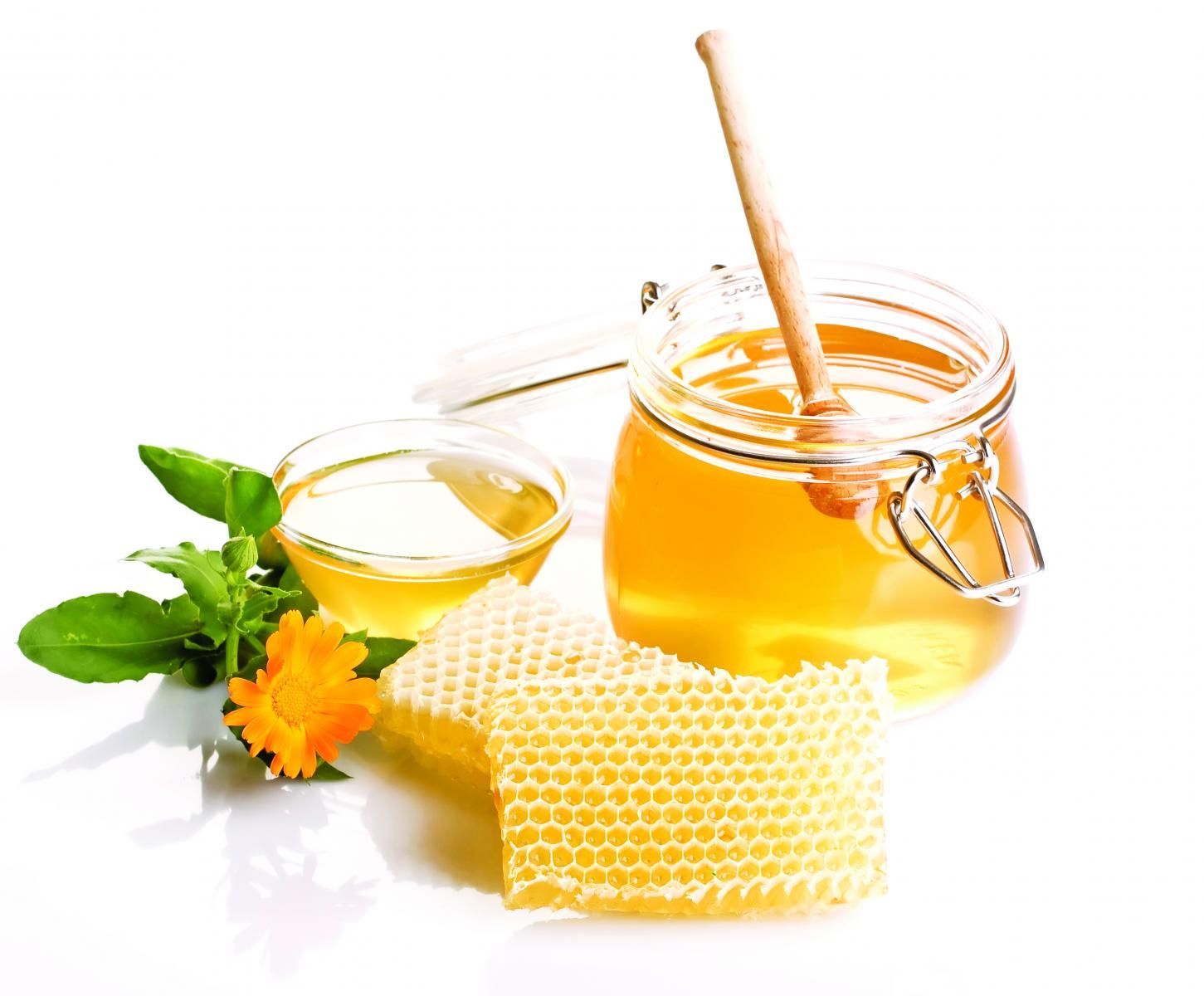FDA Publishes Honey Guidance, Not Standard of Identity
The American Beekeeping Federation says honey guidance is not enough to preserve honey's image.

FDA just published official honey guidance, which makes clear FDA’s definition of honey and the agency’s position that products containing honey with other ingredients cannot be labeled as just honey. The guidance provides these and other useful reminders for how to market honey products while staying within the law-even helpful tips for how to denote particular flower sources-but it does not establish a standard of identity for honey.
Some interested parties believe a standard of identity is necessary to prevent the rampant adulteration and misrepresentation of honey in today’s global market, but FDA disagrees, saying its regular import seizures and existing laws are enough to promote an honest marketplace. After all, manufacturers are required by law to list all ingredients on the ingredient facts panel, where each ingredient is listed in descending order by predominance of weight.
While the ingredient facts panel can alert consumers to the presence (and predominance) of, for example, high fructose corn syrup in a honey blend, only the most scrupulous of shoppers read the ingredient facts panel. A majority of shoppers presumably sees the word honey on the front of a package and then make their purchase decisions based largely on price and/or other factors.
A standard of identity for honey would improve the integrity of honey in its pure and unadulterated form, which is why the American Beekeeping Federation requested one in 2006. FDA denied its petition five years later, even though such a standard does exist for maple syrup.
“Maple syrup has obtained a standard of identity, which clearly prohibits the use of maple syrup on any label [of a product] that is not pure 100% maple syrup,” says Tim Tucker, president of the American Beekeeping Federation. “You can identify maple syrup any way you like, such as pancake and waffle syrup, but the wording maple syrup cannot be used. This is how we feel about honey and why we have asked the FDA to consider an identity standard for honey...When additives are put in honey, it affects the amount of honey being purchased by consumers, which affects the real value of honey and it's image.”
Robby Gardner
â¨Associate Editor
â¨Nutritional Outlook magazine
â¨robby.gardner@ubm.com
FDA revokes authorization to use Red No. 3 as a color additive in food or drugs
January 15th 2025FDA contends that the color additive is safe for humans but is legally obligated by the Delaney Clause of the FD&C act to revoke authorization as research shows the Red No. 3 induces cancer in rats.



.png&w=3840&q=75)
.png&w=3840&q=75)


.png&w=3840&q=75)








